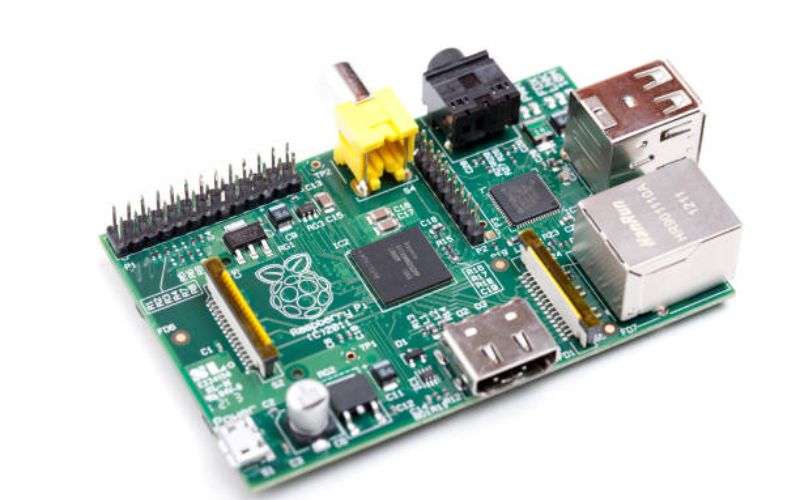Overview of a CPU heatsink
A CPU heatsink is an essential cooling component that helps regulate the temperature of your computer. It is designed to dissipate the heat generated by the CPU and ensure it runs efficiently. The longevity of a CPU heatsink can be influenced by different factors, such as usage, maintenance, and quality, among others.
Factors affecting the lifespan of a CPU heatsink
Several factors can affect the lifespan of a CPU heatsink. One of them is the quality of the heatsink. High-quality heatsinks made from durable materials can last longer than poorly made ones. Additionally, usage and maintenance also play a significant role. If you use and maintain your heatsink properly, it can last for several years, but if you abuse or neglect it, it might fail sooner.
Usage patterns and lifespan
The frequency and duration of usage can also impact the lifespan of a CPU heatsink. If you use your computer heavily for resource-intensive applications, your heatsink may wear out faster than if you use it lightly. Additionally, the duration of usage can also contribute to wear and tear since the longer your heatsink runs, the more it may deteriorate over time.
Environmental factors
Environmental conditions such as the temperature of your computer's surroundings can impact the lifespan of your CPU heatsink. A computer in a hot environment may put more strain on the heatsink, which could cause it to wear out faster. On the other hand, a computer in a cool environment may put less strain and help elongate the heatsink's lifespan.
Cleaning and maintenance
Cleaning and maintenance are crucial factors in determining the longevity of a CPU heatsink. Over time, dust and debris can accumulate on the heatsink, preventing it from dissipating heat effectively. This can cause the heatsink to run hotter, which can cause it to fail sooner. Therefore, regular cleaning and maintenance can help you get the most out of your heatsink and extend its lifespan.
Quality of materials
The quality of materials used to make a CPU heatsink can impact its lifespan. High-quality heatsinks can last for several years, while poorly made ones may fail before their expected life span. Among other factors, consider the manufacturing process, durability of materials, and overall build quality when selecting a CPU heatsink.
Fan health and speed
In addition to the heatsink material quality, the CPU fan attached to the heatsink may also affect its lifespan. The fan helps circulate air to cool the heatsink and the CPU, and a fan inoperable condition may cause the heatsink to run hotter and reduce its lifespan. Furthermore, if the fan operates at a low speed, it may not direct enough air to the heatsink, causing it to overheat. Thus, the fan's health and speed are crucial to maintaining your CPU heatsink's lifespan.
Overclocking and lifespan
Overclocking your computer can also affect the lifespan of a CPU heatsink. Overclocking makes a CPU work harder than it was intended, and the extra heat generated can cause the heatsink to operate at its upper limits, shortening its lifespan. So, it is essential to avoid overclocking your CPU if you want to extend the lifespan of your heatsink.
Maintenance frequency
The frequency of CPU heatsink maintenance can also impact its lifespan. Cleaning your heatsink regularly and replacing it with new thermal paste periodically can help ensure it runs optimally and fight against wear and tear. Proper maintenance can help extend the lifespan of your heatsink.
Expected lifespan of a CPU heatsink
The expected lifespan of a CPU heatsink can vary depending on several factors such as quality material, operating conditions, and maintenance frequency. On average, a well-maintained heatsink made from quality materials can last from 3-6 years. However, if not taken care of properly, the lifespan may reduce below the average limit. So, proper maintenance and usage can help ensure your energy-efficient CPU heatsink provides optimal performance in the long term.

